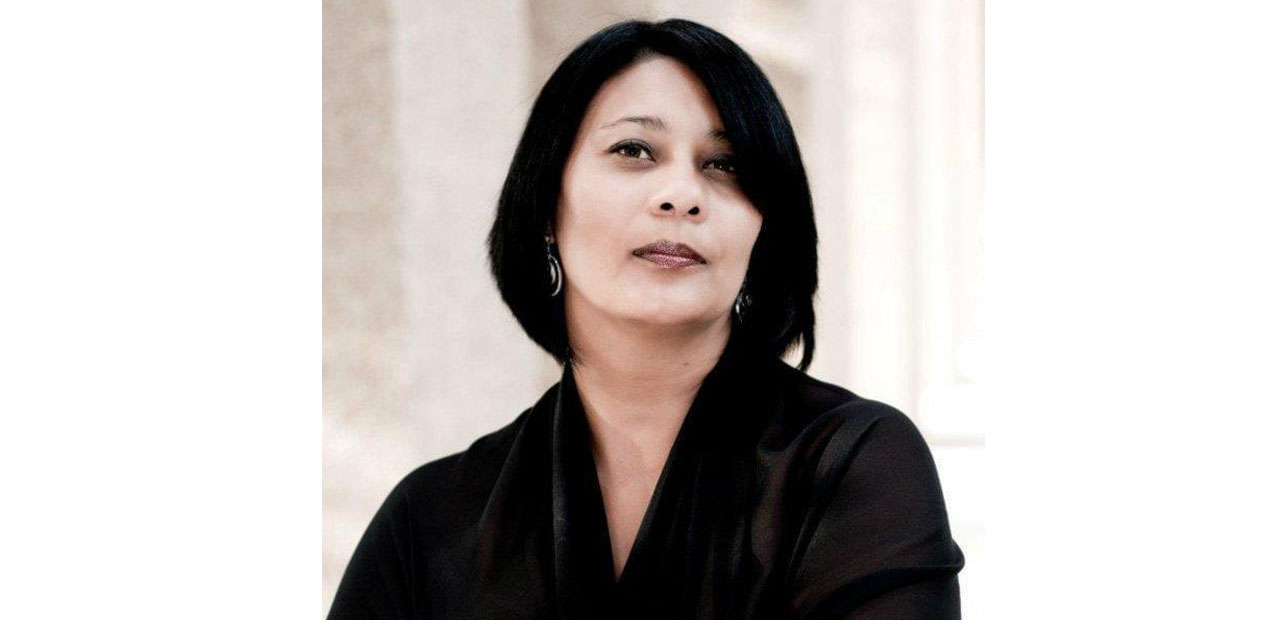Mercedes Ovis
Despite Namibian women holding 44.2% of the seats in parliament, we still lack female judicial leaders. An important seat of power is the bench, as it allows arbitration on nearly every political issue. Judicial diversity promotes fairness, gives legitimacy to state institutions, ensures women’s interests are adequately represented and promotes access to justice.
To date no woman has occupied the position of Chief Justice, an important leadership position as it heads the judiciary. Astonishingly, the bench in the supreme court has exclusively comprised of male judges since independence, despite this being the highest court where constitutional issues affecting our society are finally adjudicated on. Although an increasing number of female magistrates and judges have been appointed in lower and high courts, data on gender representation is not readily available, begging the question whether judicial diversity are prioritized despite assurances by the Chief Justice that the Judicial Service Commission has been tasked to deliberate on this issue.
There has been an exponential growth in the number of admitted female legal practitioners to date. Admitted female legal practitioners in 2021 made up 52% of admitted legal practitioners in Namibia, a number projected to eventually grow to 68%. This is not surprising as women are leading their male counterparts with a post-secondary education rate of 30% for women and 15% for men. Educational qualifications are thus not a barrier, signaling that in future more women may occupy leadership positions.
Despite this glimmer of hope, the judiciary is at risk of being viewed as a bastion of entrenched elitism, exclusivity and privilege oblivious to changes in society, unless it urgently transforms itself. Substantive and symbolic representation of women interests in the judiciary will change institutional norms and advance the rule of law and human rights. No more is this relevant then against the backdrop of Articles 10 and 23 of the Namibian Constitution and article 7 of the Convention on the Elimination of All Forms of Discrimination Against Women (CEDAW) which mandates that discriminatory practices be eliminated in political and public life.
There are virtually no studies in Africa that focus on women’s representation in the judiciary. A 2015 study however explored why, despite women gaining access to positions of power in Africa, some African countries, unlike others, still lack judicial leaders. The researchers found that the type of legal system, the end of major conflict, commitment of gatekeepers and regional diffusion, more than selection method, explains why some African countries are more inclined to select women to leadership positions in the judiciary. There are commonly three types of legal systems found in Africa, namely common law systems, civil law systems and systems that use a mixture of common and civil law systems. Namibia applies a mixture of common and civil law system. What lessons can Namibia draw from this study?
In civil law countries which have a better track record, women typically enter the judiciary by taking an examination and attending a post graduate judges’ school which result in women entering the judiciary as young as 25. Notably, in civil law countries judges merely apply the letter of the law whereas in mixed law countries judges have discretionary power to make law through case precedent thereby resulting in greater prestige assigned to them. Also, judges in mixed law countries are selected among experienced lawyers or advocates with fewer women likely to be advocates. The finding highlights the need for continuing judicial education and engagements with law faculties both in terms of education and research. Judicial education will also ensure judges rise through the ranks of lower courts.
The study confirms earlier studies that found that the chances that women will become leaders do not depend on whether leaders are appointed, as is the case in Namibia, or elected from amongst their peers as is the case in other countries. Even though Namibia’s Constitution does not expressly state that there be gender balance in the judiciary, unlike South Africa, Namibia should consider gender quotas. Feminist scholars noted that in a pure merit based system that bias may be inherent in the criteria upon which merit is built.
Gatekeepers (bar associations, legal professional associations, nomination commissions) may further discriminate against women since most were found in the study to be majority-male, arguing that reform of these institutions itself can be important in promoting women’s appointment to the bench. In Namibia transparency in the selection and appointment process may be required.
South Africa recently appointed Madam Justice Mandisa Maya as the Deputy Chief Justice of that country’s constitutional court, the first female judge to hold that position. Since regional diffusion is noted in the study to promote women in the judiciary, let’s hope that this will positively influence Namibia’s own decisions, or at least result into a thorough examination at these and other barriers not noted in the study such as gender stereotyping. Unless judicial diversity on the bench is addressed, it is unlikely women will occupy leadership positions in Namibia.
Mercedes Ovis is a lawyer, author and a senior member of the Namibian Women Lawyers Association (a designated legal organization comprising of more than 300 female legal practitioners)The views expressed here are her own.




